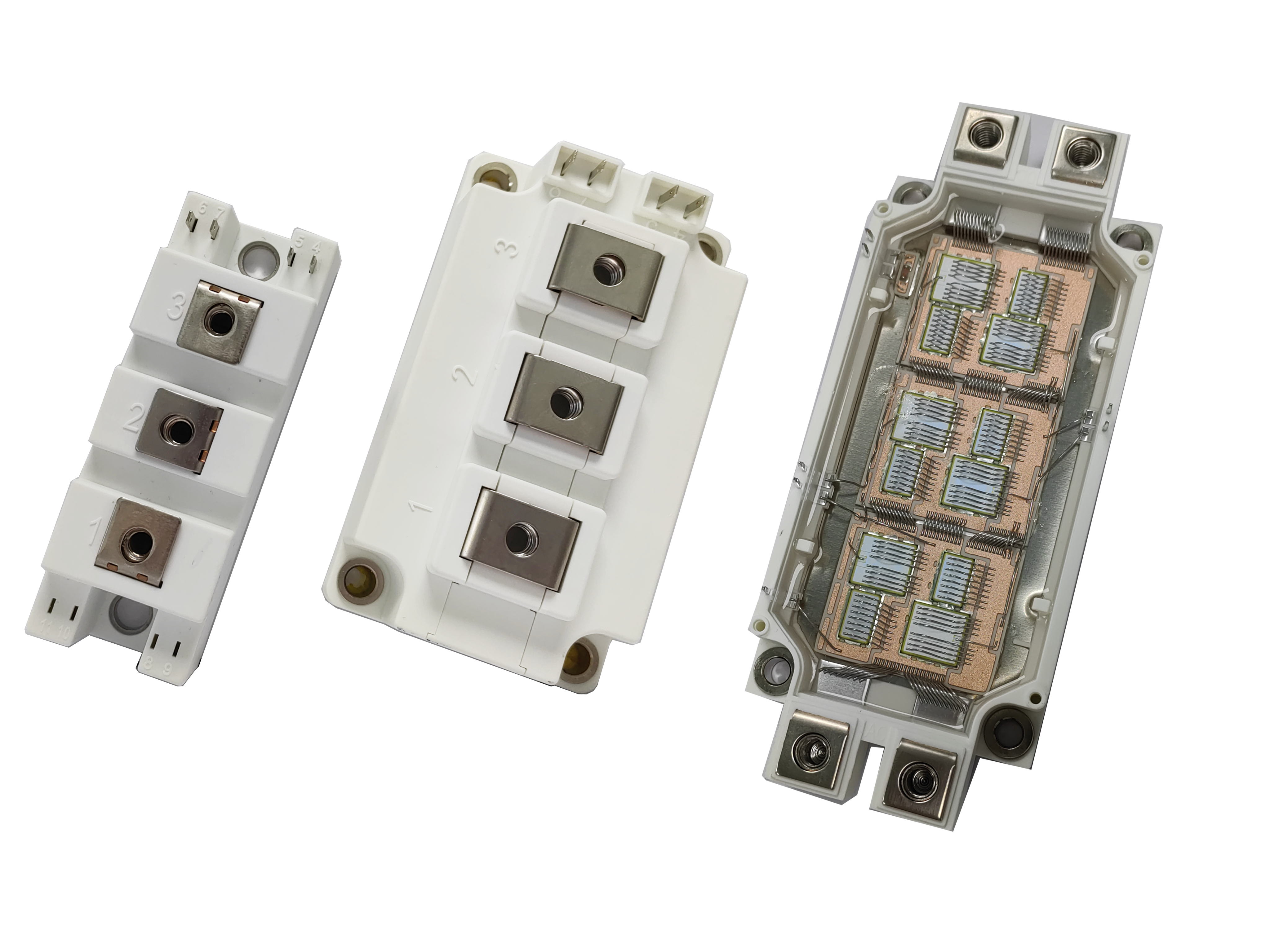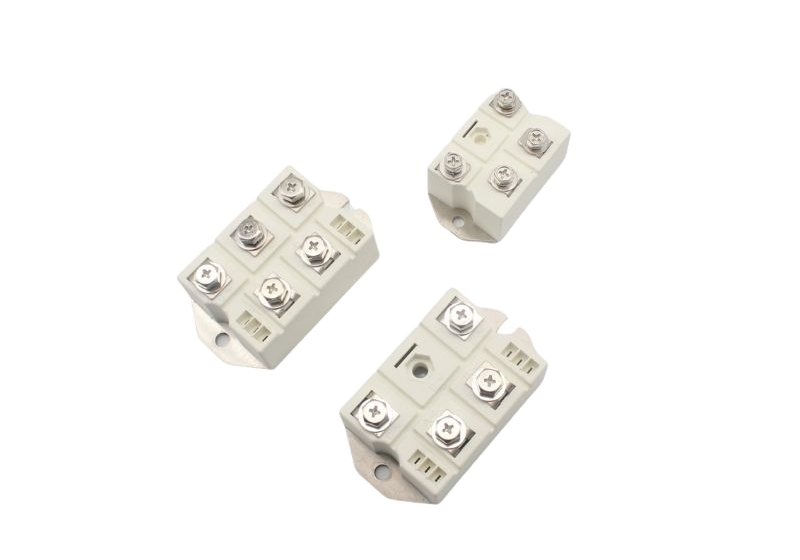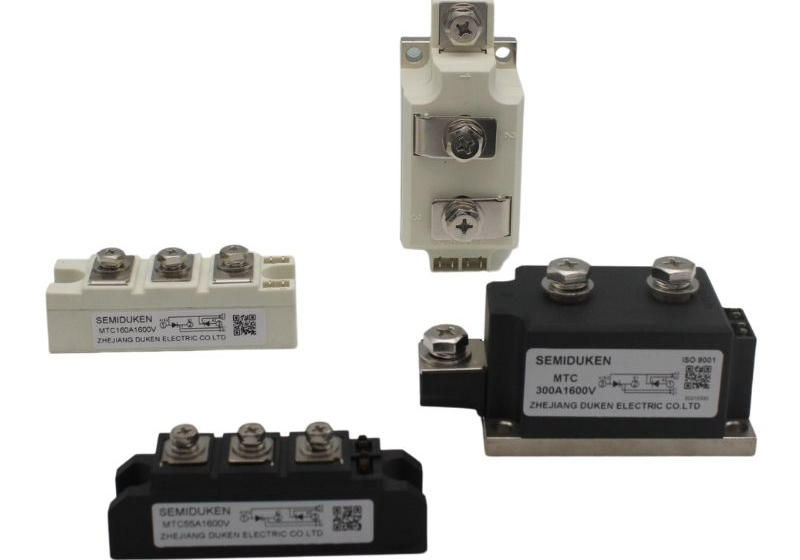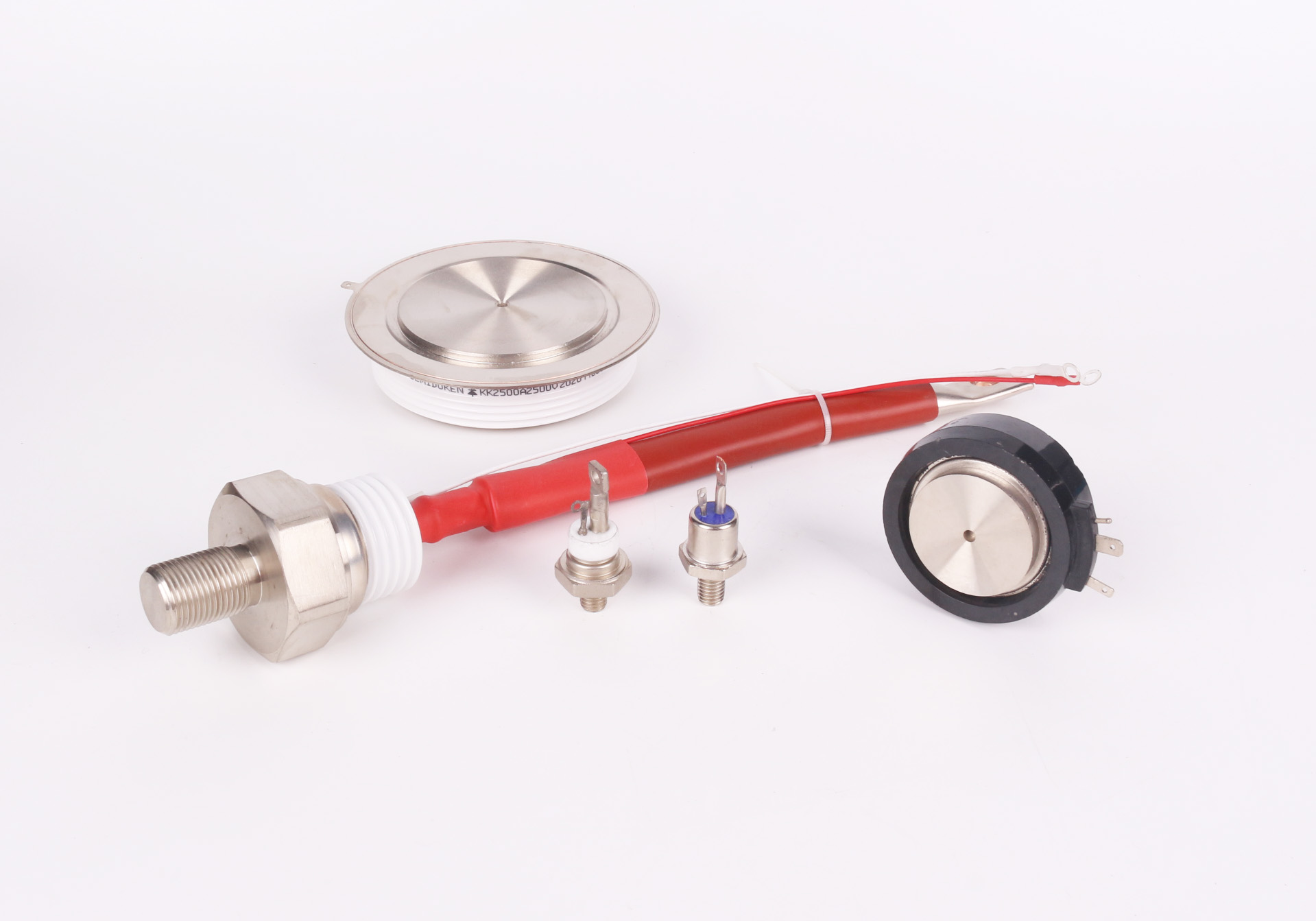Recommendations for Thyristor Modules During Motor Soft Starters Upgrades
Introduction
When upgrading motor soft starters, one of the most important components to consider is the thyristor module. Thyristors play a critical role in controlling the electrical current flow, ensuring efficient operation of motor systems. In particular, soft starters that use thyristor modules are integral for managing the startup process of motors, limiting mechanical stress and reducing electrical surge. The right choice of thyristor modules can significantly enhance the performance, longevity, and energy efficiency of the motor system. This article provides a comprehensive guide to selecting the best thyristor modules during motor soft starter upgrades, focusing on key considerations and recommendations.
1. Importance of Choosing the Right Thyristor Modules
Selecting the appropriate thyristor module for motor soft starters is crucial for achieving reliable and efficient motor control. The main functions of thyristor modules in soft starters are to limit inrush current, protect against overvoltage, and provide smooth acceleration to the motor. For industrial applications that require heavy-duty operations, it is particularly important to choose modules that are built to handle high surge currents while maintaining low on-state voltage, as these features contribute to greater energy efficiency and reduced thermal stress.
For example, in environments such as furnaces, the thyristor module needs to be capable of handling high surge currents. Modules with dual thyristor configurations are often preferred because they provide enhanced reliability in high-power applications, ensuring that the motor starts smoothly without any abrupt changes in speed. This can be particularly beneficial in HVAC and high-power machinery applications where precise control over motor speed is crucial.
2. Key Features to Look for in Thyristor Modules
HVDC Surge Protection: High-voltage direct current (HVDC) surge protection is an essential feature for applications involving sensitive electrical equipment. It helps prevent electrical damage caused by sudden voltage spikes. By selecting thyristor modules that come equipped with built-in surge protection, businesses can reduce the risk of costly repairs and downtime.
Low On-State Voltage: A module with low on-state voltage ensures minimal energy losses, improving overall system efficiency. This is especially critical in applications such as industrial phase control, where continuous operations are necessary for extended periods. The lower the on-state voltage, the less power is wasted in the form of heat, contributing to a more energy-efficient system.
High Surge Current: For applications like furnace heating or desalination systems, the thyristor module must be capable of handling high surge currents without compromising performance. High surge current capabilities are necessary to accommodate the power surges that occur during motor startup and operational transitions.
Dual Thyristor Configuration: Dual thyristor modules are often used in situations where high current handling capabilities and better phase control are required. These modules offer increased reliability and robustness, which are vital for critical industrial applications.
3. Applications in Soft-Start Systems
Motor soft starters are commonly used in various industries to reduce mechanical wear on motors and minimize electrical disturbances. In sectors like solar inverters, temperature control systems, and desalination, the use of thyristor modules is crucial for achieving reliable and efficient operations.
Soft-Start Temperature Control: In applications requiring precise temperature control, such as industrial furnaces or HVAC systems, thyristor modules are used to regulate the motor speed and prevent sudden voltage spikes. The precise control helps in maintaining consistent temperatures, thereby enhancing the quality and reliability of the heating or cooling process.
Solar Inverter Systems: Solar inverters require high surge current capabilities, especially during the startup phase. Using thyristor modules that are designed to handle high surge currents and low on-state voltages can significantly enhance the inverter's efficiency and lifespan.
Desalination Plants: Desalination processes, which often involve high-power motors, rely on thyristor modules for managing the electrical flow. Modules that provide high surge current handling and efficient phase control are essential for maintaining optimal performance in desalination systems.
4. Conclusion: Best Practices for Upgrading Thyristor Modules
Upgrading thyristor modules during motor soft starter installations is a critical step in ensuring the efficient and reliable operation of motor systems. By considering the key features such as surge protection, low on-state voltage, high surge current handling, and dual thyristor configurations, industries can enhance the overall performance and longevity of their systems.
For systems involving high-power operations such as HVAC, furnace heating, desalination, and solar inverters, it is important to choose modules that can withstand the stresses of high surge currents while maintaining minimal energy loss. As the demand for energy efficiency and reliability in industrial operations continues to rise, upgrading to advanced thyristor modules is a necessary step to ensure future-proof motor performance.






